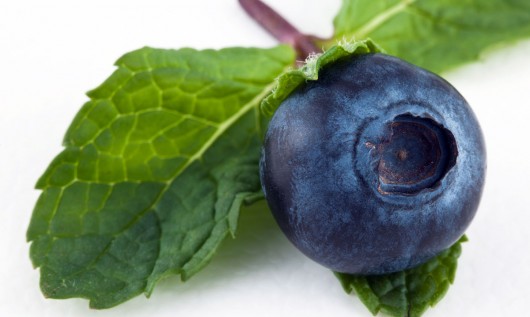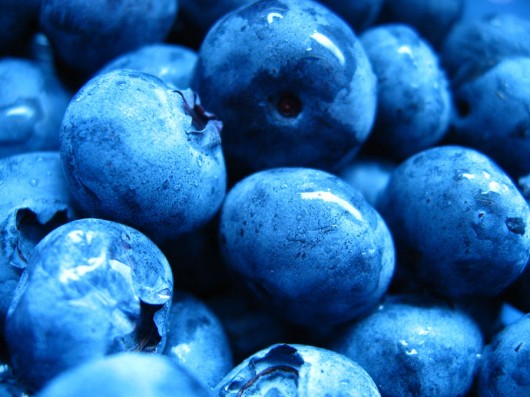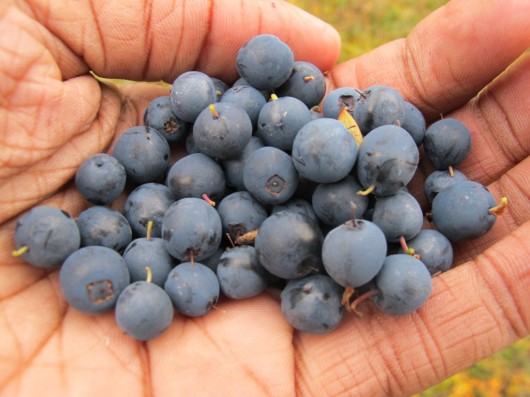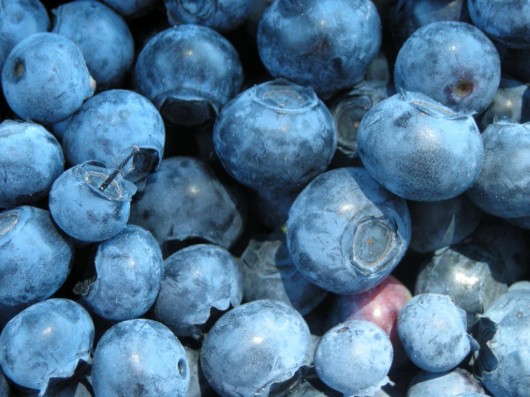Superfoods: What Are They and Why Are They Called Superfoods?
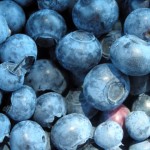
The term “Superfood” is often used when talking about nutrition and health. It was first mentioned by Aaron Moss in the August 1998 edition of his Journal entitled, Nature Nutrition. In the journal, he stated that “Humans have many options when it comes to fueling their bodies, but the benefits of some options are so nutritious that they might be labeled as superfoods”. In this context, superfood refers to certain groups of food that offer us great concentrations of unique nutrients that provide us with many different health benefits.
So What Exactly are the Criteria – When Can You Label a Food as a Superfood?
Well, foods worthy to be called superfoods contain high concentrations of antioxidants, minerals , vitamins and unique compounds such as phytonutrients, polysaccharides and essential fats.
Some of these attributes exist in almost all superfoods. The nutrients and antioxidants in superfoods are usually present in extreme amounts when they are raw and uncooked and compared to other “ordinary” foods. Another quality of a superfoods is that they it can be a part of our regular diet. We can usually eat them as much as we want and as often as we want without worrying about dosage and adverse side effects.
Benefits of Consuming Superfoods
A few well known benefits of consuming superfoods on a regular basis primarily include optimal nutrition without overeating, aiding the body to detoxify and cleanse itself from potentially harmful toxins, and helping the body to rebuild itself. When these primary benefits from superfoods take place, secondary benefits follow, which include healthy, radiant skin, beautiful hair, weight loss, fit body, reduced risks to chronic illnesses and premature aging.
A Few Superfood Examples
One of the most common examples of superfoods are blueberries. They contain moderate concentrations of anthocyanins, vitamin C, manganese and dietary fiber.
Other well-known superfoods include goji berries, raspberries, raw cacao, broccoli, spinach, pumpkin, nuts, the lycopene-rich tomatoes, spirulina, whole grains, fish oil and superfruits like avocados. Each of the foods mentioned contain their own array of unique and remarkable nutrients and compounds. Fortunately, superfoods exist in most food groups. You can find them amidst the wide variety of fruits and vegetables, as well as in some species of seaweed.
If you make these foods a part of your regular diet you will feel healthier & stronger so give them a try.
